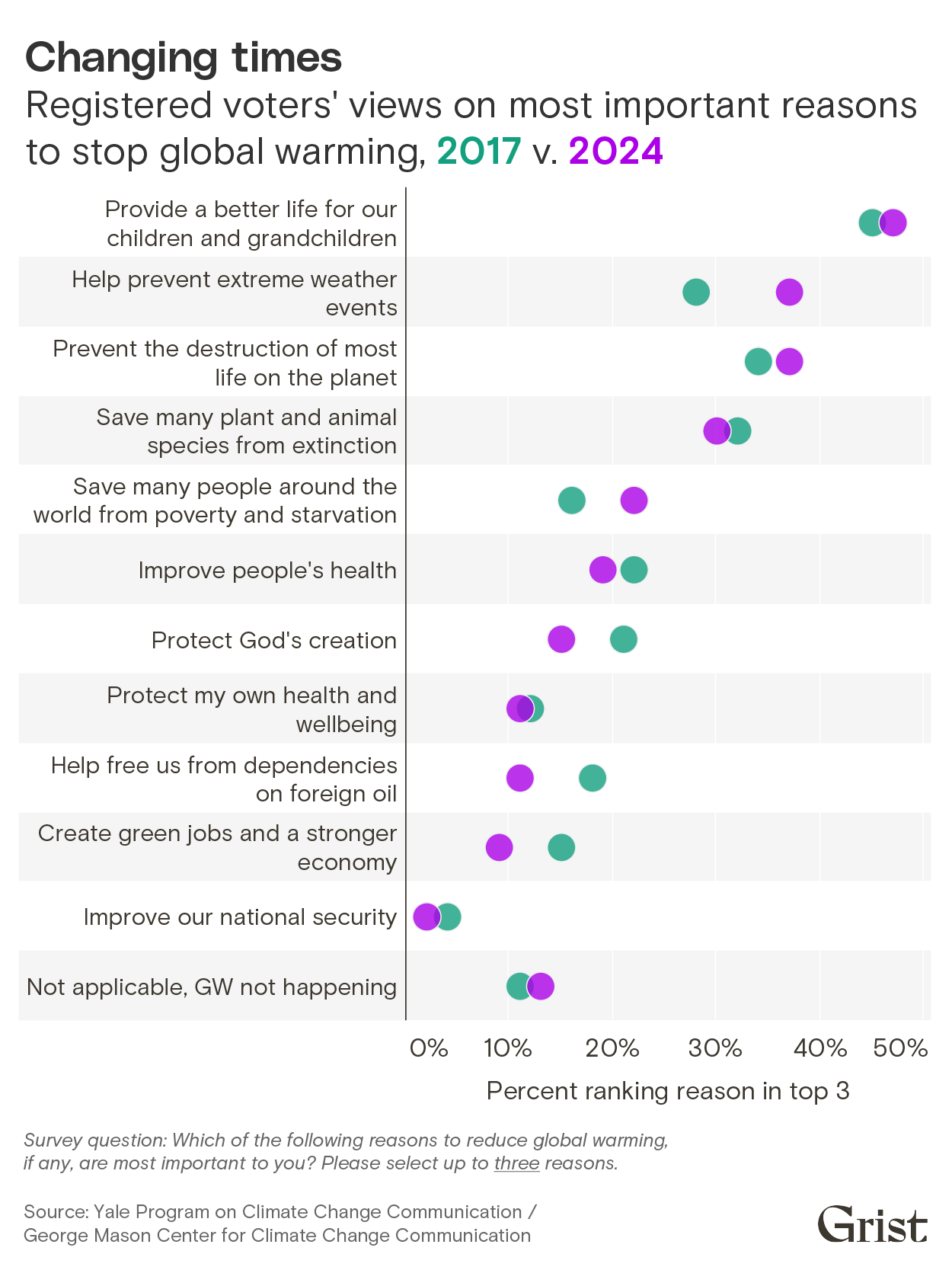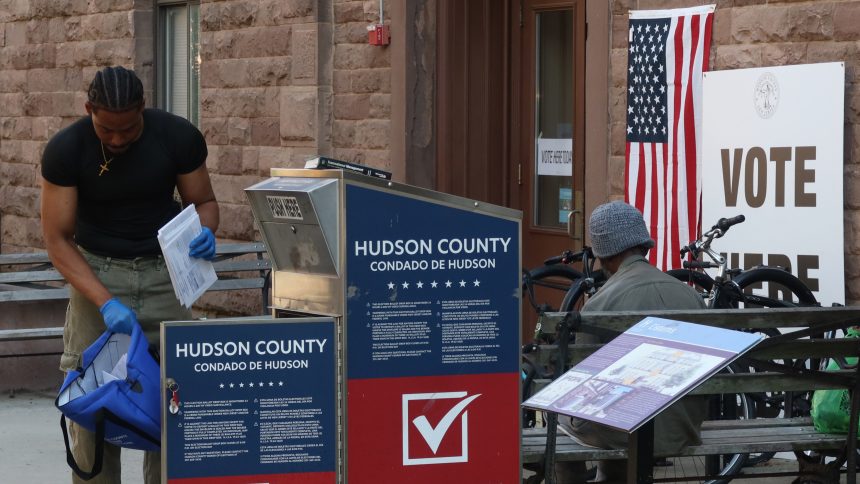There is a common belief among climate activists that the experience of extreme weather due to global warming will prompt people to take action against climate change. However, data shows a different story.
Recent surveys indicate that concerns about preventing extreme weather have become more prominent among voters, especially over the last seven years. This shift is attributed to the shared experiences of severe weather events affecting communities. Climate change is no longer a distant issue but a current reality for many.
Media outlets are increasingly highlighting the links between extreme weather events and climate change, thanks to attribution science. This real-time information has helped raise awareness and understanding among the public.

Moderate and right-leaning Democrats have shown a significant increase in considering extreme weather as a top reason for climate action. However, opinions among moderate and left-leaning Republicans have remained relatively unchanged. Surprisingly, even conservative Republicans have started acknowledging the relevance of extreme weather in the climate change conversation.
Despite the growing acknowledgment of extreme weather’s impact on climate change, a considerable percentage of conservative Republicans still deny the existence of global warming, showcasing the significant influence of political beliefs on climate opinions.
Research indicates that personal beliefs about climate change are often influenced by political factors, impacting how individuals perceive and respond to extreme weather events. While extreme weather can nudge some towards concern, it may not alter entrenched denial positions without a supportive community.
The analogy of the “smoky room experiment” highlights how climate deniers contribute to misinformation, shaping public perceptions over time. However, the study emphasizes that concern about climate change can also spread contagiously, emphasizing the importance of accurate risk understanding and proactive solutions implementation.






